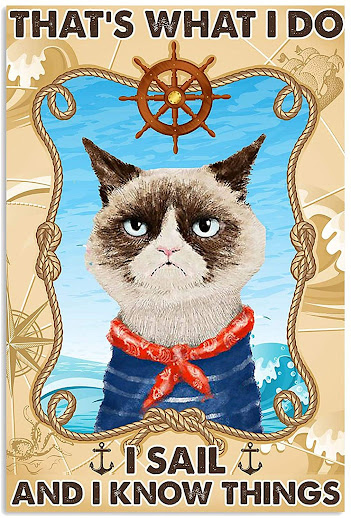I'm Sexy and I Tow It Vintage Shirt
BUY THIS PRODUCTS FROM AMAZON.COM HERE
I'm Sexy and I Tow It Vintage Shirt
✅ Printed in the USA
✅ High-quality
✅ Order at amazon.com
I'm Sexy and I Tow It Vintage Shirt
This city, powered by the overlap of aesthetics and a desire to make money, holds an irresistible appeal for Instagram itself. The social network has its Middle Eastern headquarters in Dubai, with that of parent company Facebook. Dubai-based head of communications Nada Enan tells me, “Instagram is a platform that inspires people, and this is manifested in this city.” Data from the Global Web Index shows that generation Z now rely on influencers for information almost as much as the brands they represent, and 69% of all internet users in the UAE use Instagram, far outstripping the UK at 53%. I'm Sexy and I Tow It Vintage Shirt
Dubai’s place as a centre of influencer culture has found imitators in neighbouring Saudi Arabia, where influencers have been used to rehabilitate the kingdom’s image, particularly following the murder of journalist Jamal Khashoggi. In late 2019, social media stars were flown in to promote it as a tourist destination, shortly before models and influencers were invited to a music festival in Riyadh in December; on his Instagram, actor Armie Hammer hailed the festival as “a culture shift”. While Saudi Arabia’s use of influencers to massage its image provoked criticism internationally, those working in Dubai’s vast influencer marketing industry speak of the kingdom as a goldmine: virgin territory poised to become a hub for influencer campaigns.
If Saudi Arabia is eager to snatch Dubai’s luxury tourism, finance and influencer crown, the emirate is unlikely to give it up easily. It is a place of incessant construction, where 92% of its population are foreign nationals, notably the migrant labourers building the glass towers. Unlike buttoned-up Abu Dhabi, Dubai has hardly any oil reserves, opting instead to trade on its name as a freewheeling tax haven to attract international commerce, and as a place where tourists can ignore the more conservative mores of its neighbours.
In 2019, tourism provided 11.5% of GDP, according to official data; other estimates suggest its contribution is closer to a third. Influencers are now so important that a subsidiary of the tourism ministry, Visit Dubai, showcases handpicked “curators”, including the Emirati racing driver Saeed Bintowq; Louise Nichol, a British fashion consultant who “fell in love with Dubai”; and Emirati designer Mona Almotawa. Their social media accounts typically show them mingling with the city’s high flyers, sightseeing in the desert, or watching horse racing.
Dubai sells itself as a safe haven from Covid-19: UAE has vaccinated over half its population
“Dubai doesn’t have a lot of wiggle room when it comes to its image,” says Jim Krane, author of City Of Gold: Dubai And The Dream Of Capitalism. “It trades on that and it doesn’t have a back-up plan. It doesn’t have oil. It’s the first successful post-oil economy in the Middle East, full stop.” But trading on brand is a high-risk strategy, as this year has proved. “If there’s an incident that makes it look too oppressive, that’s the biggest sensitive spot,” Krane says. “It’s about as autocratic a system of governance as you can get – a one-man show.”
Visit our Social Network: Pinterest, Blogger, and see more at our collection.



Nhận xét
Đăng nhận xét